As businesses continue to prioritise diversity and inclusion within their workplace, there has been a growing recognition of the importance of disclosure of personal characteristics, such as sexuality and disability, in fostering a sense of belonging among employees. While most available data suggests the vast majority of employees with disabilities do not disclose, Forbes, only 4% of employees disclose a disability, HBR make it safe for employees to disclose their disabilities.
A core part of Xceptional’s work is equipping employers through training on building inclusive workplaces. One of the common outcomes of this training is neurodivergent employees disclose their diagnosis with colleagues. This can happen privately or during a training session. What I have been wrestling with is why so many people choose not to disclose? This comes from personal experience as someone identifying as neurodivergent who chose not to disclose for decades.
Disclosure of these personal characteristics can be a difficult and personal decision for individuals, as it involves revealing potentially sensitive or private information. However, research has shown that disclosure can be an important factor in promoting a sense of belonging in the workplace.
One reason why disclosure can be important is that it allows individuals to be their authentic selves at work, rather than feeling the need to hide or mask certain aspects of their identity. This can create a more welcoming and inclusive work environment, where employees feel comfortable and supported in being their true selves.
Disclosure can also help to create a sense of connection and solidarity among employees, as it allows individuals to share their experiences, strengths and challenges with others who may have similar backgrounds or experiences. This can foster a sense of community and support within the workplace, which can in turn promote a sense of belonging.
Trends in workforce belonging show that businesses are increasingly recognising the value of disclosure in creating a more inclusive and welcoming work environment. Many organisations are now implementing policies and practices that support and encourage disclosure, such as providing resources and support for employees who wish to disclose their sexuality or invisible disability.
Research has shown that disclosure of personal characteristics, such as sexuality or invisible disability, can have both positive and negative impacts on the individual disclosing.
On the positive side, disclosure can allow individuals to be their authentic selves at work, which can lead to increased job satisfaction and well-being. It can also create a sense of connection and support among coworkers, which can be beneficial for mental health and overall well-being.
However, disclosure can also have negative impacts on the individual disclosing, as it can expose them to the potential for discrimination or stigma. In some cases, disclosure may lead to negative consequences, such as being passed over for promotions or facing exclusion from social or professional networks.
Overall, the decision to disclose personal characteristics is up to the individual. In our experience being open and starting the conversation with colleagues from the outset leads to the best outcomes. In this video from Deloitte, Delphine says ‘I now have a job that I love in a company that understands me. I am happy and I am me’. Can you see me? “Delphine”
Doesn’t everyone want to say that!

